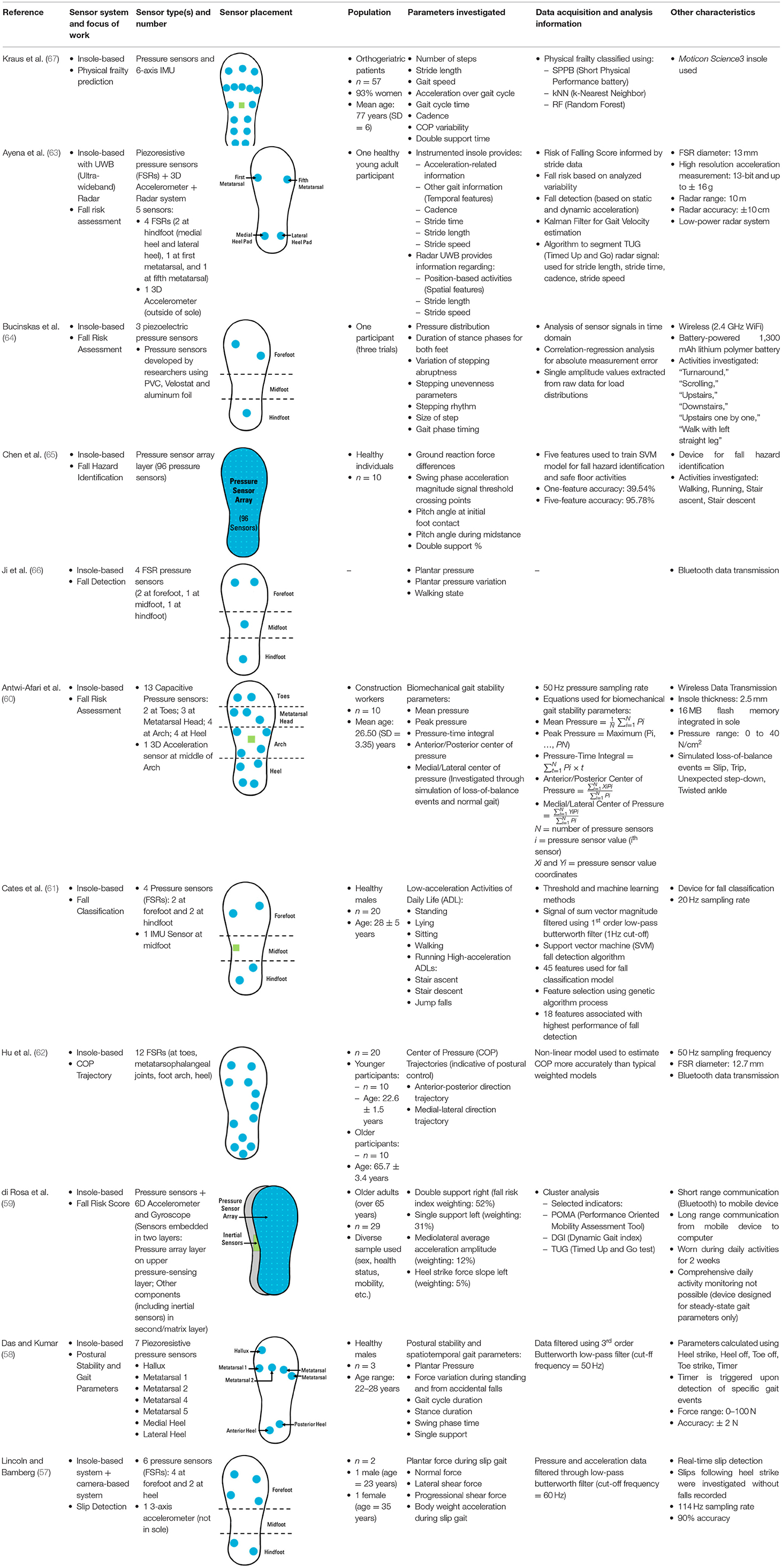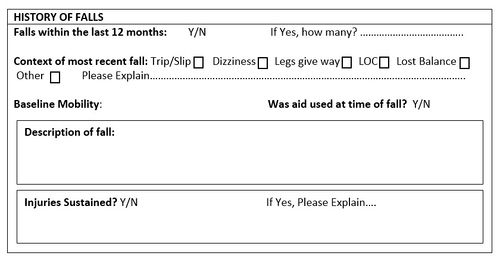The Ultimate Guide To Dementia Fall Risk
The Ultimate Guide To Dementia Fall Risk
Blog Article
The Facts About Dementia Fall Risk Revealed
Table of Contents5 Simple Techniques For Dementia Fall RiskTop Guidelines Of Dementia Fall RiskFascination About Dementia Fall Risk5 Easy Facts About Dementia Fall Risk DescribedDementia Fall Risk for Beginners
You may be worried because you've had an autumn prior to or since you have actually observed you're starting to really feel unstable on your feet. You could have seen modifications to your health and wellness, or just seem like you're reducing a little. Whatever the reason, it isn't unusual to become cautious and lose self-confidence, and this can stop you doing the things you used to do and make you feel more isolated.If you've had an autumn or you have actually begun to really feel unstable, tell your physician also if you feel fine otherwise. Your physician can examine your balance and the method you stroll to see if improvements can be made. They may have the ability to refer you for a falls danger assessment or to the falls prevention service.
This details can be obtained through interviews with the individual, their caretakers, and an evaluation of their clinical records. Begin by asking the individual regarding their history of drops, consisting of the frequency and circumstances of any type of current falls. Dementia Fall Risk. Inquire about any wheelchair issues they might experience, such as unsteady or difficulty walking
Conduct an extensive evaluation of the person's medicines, paying particular focus to those recognized to raise the risk of falls, such as sedatives or medications that lower high blood pressure. Determine if they are taking multiple medications or if there have actually been current modifications in their medication routine. Assess the person's home atmosphere for potential threats that can boost the risk of drops, such as poor lighting, loose rugs, or absence of grab bars in the restroom.
The Dementia Fall Risk Diaries
Overview the person via the fall danger evaluation type, clarifying each inquiry and recording their actions properly. Determine the overall danger score based on the actions given in the analysis type.
Frequently keep an eye on the individual's progression and reassess their danger of drops as required. Supply ongoing education and learning and support to advertise safety and reduce the threat of falls in their daily living activities.
Several researches have actually revealed that physical therapy can assist to decrease the threat of falling in grownups ages 65 and older. In a brand-new study (that considered falls danger in women ages 80 and content older), scientists calculated the economic influence of choosing physical treatment to prevent falls, and they discovered that doing so conserves $2,144, including all the surprise expenses of your time, pain, missed out on life occasions, and the dollars spent for services.
The Dementia Fall Risk Statements
Checking your heart rate and blood stress measurements at rest and while you alter settings (from resting or existing to standing). An easy test of your thinking (cognitive) capabilities. Analyzing your equilibrium, toughness, and walking capability. A basic vision examination. Analyzing your feet and shoes. A home safety and security analysis. Based upon the examination results, your physical specialist will certainly make a strategy that is tailored to your particular needs.
Older grownups who have difficulty strolling and talking at the same time are at a greater danger of falling. Dementia Fall Risk. To help enhance your safety throughout everyday activities, your physiotherapist might create a training program that will certainly challenge you to keep standing and walking while you do another task. Examples consist of walking or standing while counting backward, having a discussion, or carrying a bag of grocery stores
Your physiotherapist likewise can determine which activities you should stay clear of to stay secure. Community-based falls avoidance programs assist individuals to: Minimize their worry of dropping. Set i thought about this objectives for boosting their physical task. Make their homes much safer. Work out extra to enhance their strength and equilibrium. These programs frequently are led by volunteer trains.
The Only Guide to Dementia Fall Risk

Measles, or rubeola, is an extremely transmittable, severe viral transmittable illness triggered by the measles infection. Some individuals think of measles as just a breakout and fever that clears in a couple go of days; nevertheless, measles can cause serious health complications, especially in kids younger than 5-years-old. The very best defense versus measles is the measles, mumps, and rubella (MMR) vaccine.
Falls are an usual cause of injury among older adults.
The Single Strategy To Use For Dementia Fall Risk

She has a clinical background of seizure problem and hypertension. She is receiving an IV infusion and taking Gabapentin and Lasix. She has no background of drops, her gait is steady, and she invalidates without problems. The previous nurse states that she asks for help to the shower room when she needs to go.
Examples of usual loss interventions/measures include: Ensuring a person's important items are within reach. Beyond comprehending just how to utilize the Johns Hopkins Autumn Danger Evaluation Device, it's important that facilities integrate its use right into an extra comprehensive loss prevention plan.
Report this page